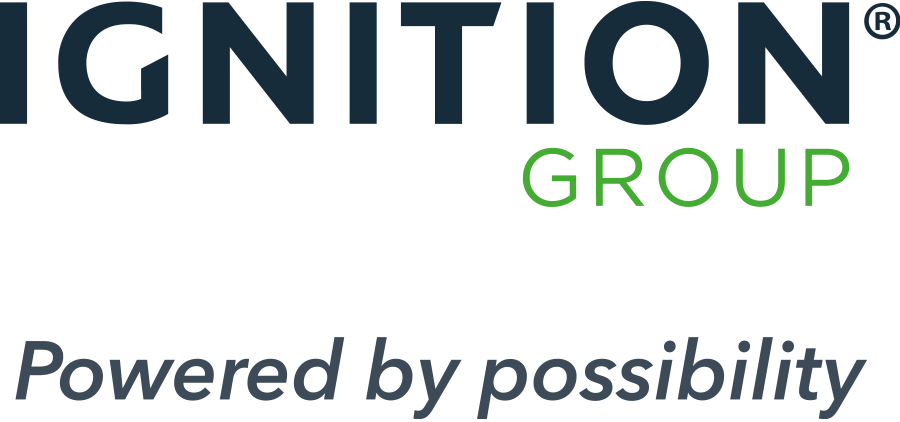
As head of EX, my area of expertise is understanding people and relationships, and turning this into strategic insight. Very few relationships are more important to a business than between a manager and their team.
Management impacts everything in a business – an EX study entitled ‘The State of the American Manager’ by Gallup concluded that managers account for at least 70% of the variance in employee engagement. Managers influence the projects you work on, your career advancement in many ways, and often if you like coming to work or not. I truly believe that in most cases you leave a boss, not a company.
To unlock someone’s potential, you need to lead people in a way that best motivates them. Building trust is key to understanding this, and hybrid working has made relationship building and general engagement that bit harder.
Our work/life balance has shifted dramatically in the last decade with smartphones and then Covid. There’s now a complete integration of work and personal life – emails, WhatsApps, and Teams messages never stop. This is where trust comes into the equation – trust that employees will get the job done, and trust from the employees that when they need time out, they must take it. Trust that they can recognise when an email needs to be replied to and when it can wait until office hours. It’s about developing a give-and-take relationship between work and personal life. Equally during ‘official’ working hours, your personal life will need you from time to time.
So how do you go about building trust? Trust comes from understanding what motivates someone and investing the time in getting to know each person in your team personally by having open and honest conversations. Get to know someone’s ‘love language’: are they motivated by words of affirmation, by flexibility, of a public shout out (or if that has the opposite effect)? It’s about getting comfortable having hard conversations when someone’s performance has dipped. But it’s also about getting to know about a person’s life outside of work, so that you can understand what they bring into the workplace. This means that you also need to learn to be vulnerable in front of your team – lead them authentically, which means sometimes being uncomfortable. When you do this and everyone can be their true selves, you will get the best out of someone, which is the ultimate goal of great leadership. Focus on an employee’s strengths and not weaknesses so that they are able to amplify those strengths for the good of the individual, the team and the company.
At Ignition, we have a deeply embedded culture of ‘yes’. This is a culture where we look for and identify opportunities and talents, where we strive to be innovative and entrepreneurial, encourage free thinking and support colleagues when they run with a great idea or pursue an opportunity. But we are only able to do this because of the trust that we build with each other.
In the EX space, we combine these soft skills with data by creating a strong and trusted ‘Voice of the Employee’ platform. Our survey strategy is strong: information is always confidential and non-identifiable, and everyone’s voice matters. From these surveys, we understand pain-points, solve them and communicate them back to the business. Equally, we celebrate the wins and try to leverage things that are working well across Ignition. It is through this that we are able to build trust, increase employee engagement and, ultimately, improve business performance.
Robyn Talbot is Head of Employee Experience at Ignition Group.


